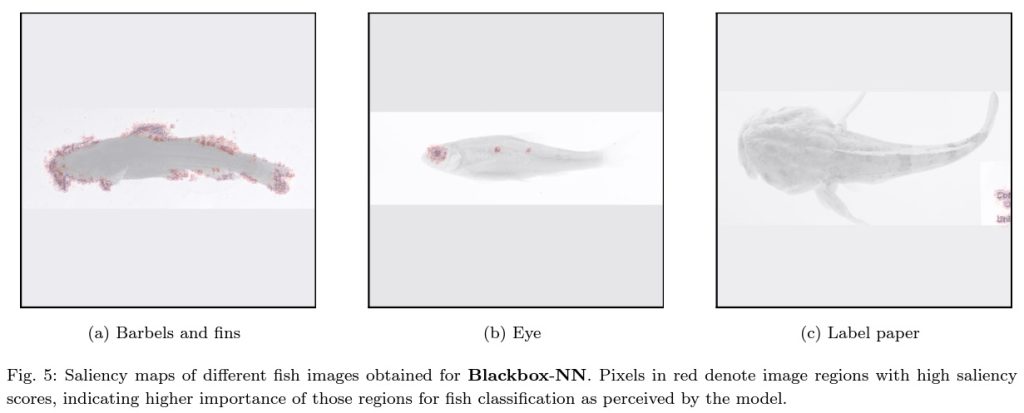Sanghani Center Student Spotlight: Mohannad Elhamod

As he was looking for Ph.D. programs in computer science, Mohannad Elhamod happened upon the Science-Guided Machine Learning lab headed by Anuj Karpatne, an assistant professor and faculty at the Sanghani Center. “I was very excited about the work he was doing and after attending a Graduate Preview Weekend where I was delighted by the diversity of academic and social activities in the Department of Computer Science, I was pretty much convinced that Virginia Tech was where I should be.”
Now a student in that lab where science and machine learning meet, and with Karpatne as his advisor, Elhamod works on highly interdisciplinary research with experts from many domains, including machine learning, biology, and physics.
“Being part of the Sanghani Center has also helped me connect with many experienced professors and passionate students,” he said.
In his research, Elhamod, who said that “the beauty and neatness of science” has been a fascination of his since he was a kid, is specifically interested in approaching science-guided machine learning through the lens of visualization and interpretability that can foster safer and more responsible use of machine learning.
“In recent years, machine learning has pervaded most aspects of our lives and led to breakthroughs in many domains. Businesses and researchers often rush to adopt machine learning into their workflows, with little understanding of how it works or its potential pitfalls like generating racist content, recommending unsafe medical treatments, and creating cyber-security loopholes,” Elhamod said. “My interest lies in promoting ‘explainable machine learning,’ a relatively recent research direction that advocates for machine learning models that are more transparent and interpretable by humans.”
Elhamod’s collaborative work has been presented at conferences, workshops, and symposiums and published in peer-reviewed journals and conference publications. These include “Hierarchy-guided neural network for species classification” in Methods in Ecology and Evolution (2021), which he presented at the Association for the Advancement of Artificial Intelligence (AAAI) Second Symposium on Science-Guided AI (SGAI); Biodiversity Image Quality Metadata Augments Convolutional Neural Network Classification of Fish Species in Metadata and Semantic Research (2021), which won the Best Research Paper Award at the Research Conference on Metadata and Semantics Research; “Learning Physics-guided Neural Networks with Competing Physics Loss: A Summary of Results in Solving Eigenvalue Problems” at the AAAI 2021 Spring Symposium on Combining Artificial Intelligence and Machine Learning with Physical Sciences and published by Oxford University Press; and “Biology-guided neural network for fish trait discovery,” published in Integrative and Comparative Biology 2021 and nominated for the Best Student Paper Wake Award by the Society for Integrative and Comparative Biology.
Elhamod earned a master’s of engineering degree from McGill University and a bachelor’s degree in computer engineering from Jordan University of Science and Technology. He is projected to receive his Ph.D. in Spring 2023.
“My passion has always been to teach, to be a professor where I can facilitate learning and feed the scientific passion of my students. However, over the past two years I have also become increasingly aware of and interested in many amazing research opportunities at private and national research labs,” he said. “So, I am hoping I will somehow manage to fulfill both interests after graduation.”